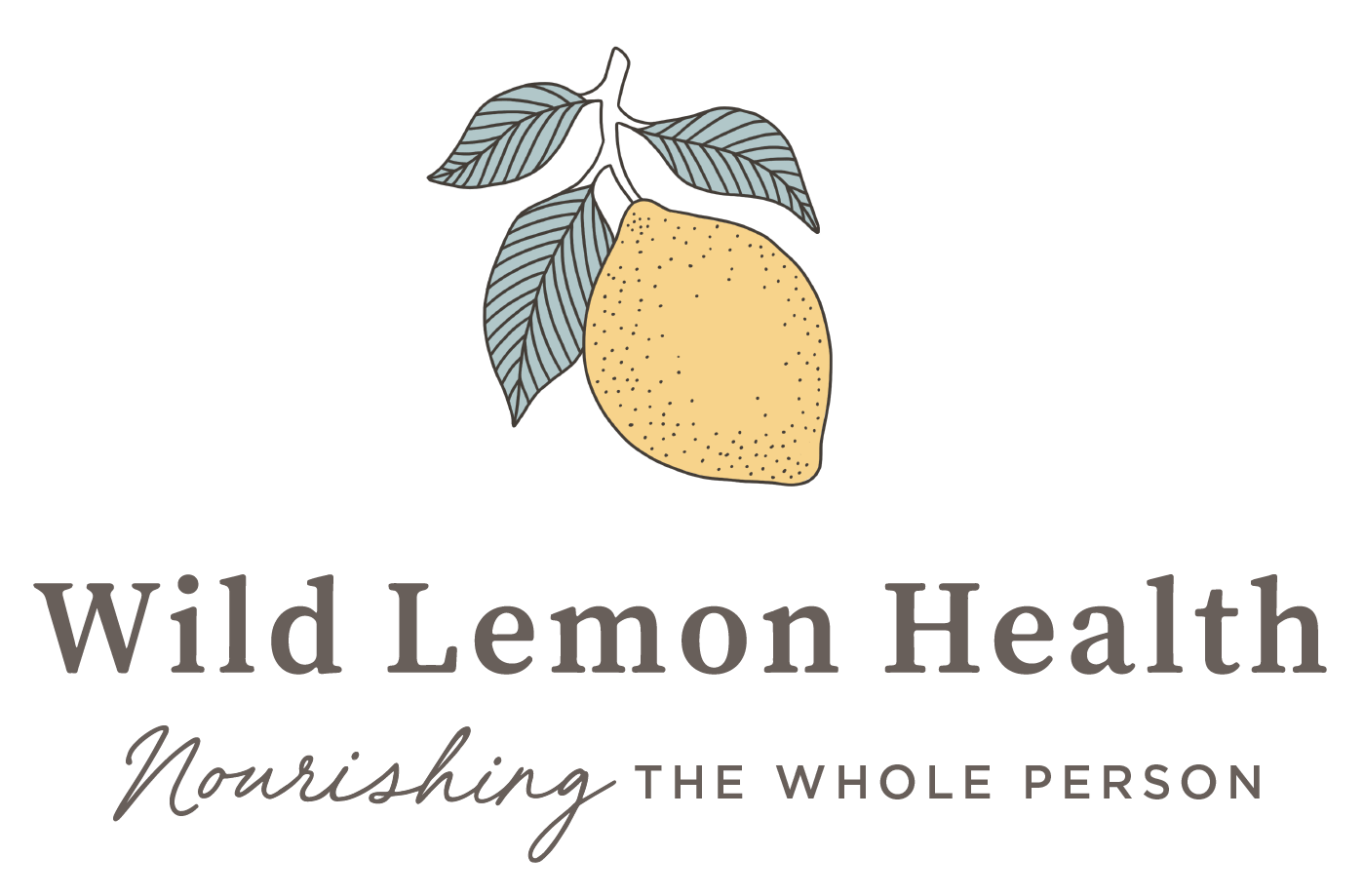Supplements and nutrients for depression
The New Yorker recently ran an article about a woman’s experience on psychiatric meds. While the article focuses on tapering, it also highlights the fact that while antidepressants can be a God send for some, this is a class of medications that isn’t adequately addressing symptoms. It’s estimated that about 30-50% of people with depression symptoms will not respond to treatment.
This is especially pertinent for women’s health as women are more likely than men to experience depression. More so, I think women are hungry for an approach to treatment that encompasses a fuller spectrum of tools. Too often, women are told that there’s nothing else to do and that nutrition or lifestyle medicine has no place.
My aim is for you to feel like you’re making an informed choice rather than feeling stuck with between yes medication or no medication.
All of this begs the question: does nutrition have a place in the treatment of depression? Could it be that our fork may have promise for inexpensive, safe alternatives or complements to treatment?
The answer is a resounding YES. We’ll focus in on the key nutrients that could be effective in improving mood and mental health.
Nutritional supplements to consider for depression:
Fish oils:
Fish consumption is correlated with lower levels of depression and randomized control trials have found that fish oils helped reduced depressive symptoms. It’s not quite clear whether fish oils are working independently or are augmenting medication benefit.
In general, the American diet, high in refined vegetable oil favors omega-6 fatty acids over omega-3 so shifting to higher fish consumption for those good omega-3s or adding a fish oil supplement could be beneficial.
You do want to be mindful around quality when it comes to fish as those with mercury pose another risk. Focus on cold water fish like salmon, sardines, or herring.
Folate and vitamin B12:
Both folate and B12 are super important to central nervous system function. Frank depletion of B12 can lead to depression, interestingly. Levels of these nutrients appear to be lower in the blood of people dealing with depression. Of note, low folate status may lead to reduced medication efficacy.
Folate and B12 levels can be measured by labs to determine if supplementation is necessary. From a food perspective, folate rich foods, include:
Beef liver
Spinach
Black eyed peas
Asparagus
Brussel sprouts
Romaine
Avocado
Rice
Broccoli
B12 rich foods:
Beef liver
Salmon
Beef
Eggs
Milk
Selenium
Selenium improves mood scores over placebo. This may be due to its improvement of thyroid function or from preventing oxidation as it’s a cofactor in producing glutathione, the big momma of free radical scavengers.
Iron
Reduced iron will have an effect on neurotransmitter production as well as function. And many of the symptoms of anemia overlap with depression like apathy and fatigue. Not to mention that iron is essential for oxygenating the entire body for proper function. A brain and body that is not properly oxygenated is not going to be happy and healthy, so repleting iron status if it’s deficient is essential.
It can be beneficial to look at a complete blood count (CBC) as well as ferritin (iron stores) to adequately assess for anemia and if needed, supplement with iron chelate.
Zinc
Blood concentrations of zinc are lower in individuals with depression and deficiency symptoms can include depression and unease.
Zinc can be taken as a supplement and is also high in the following foods:
Beef
Chicken
Pork
Baked beans
Pumpkin seeds
Cashews
Chickpeas
Many of the nutrients above are plentiful in a Mediterranean style diet rich in lean proteins and fish, whole grains, legumes, lots of veggies and healthy fats. However, because of your unique needs and nutritional status, variations on absorption, or enzymatic function, supplementation may be indicated, in addition to a good healthy nutrition plan.
There’s no doubt that depression has a huge impact and can leave you feeling like you’re alone, ashamed or have failed in some way. Still, I hope that by seeing the supplements that can help, you learn that there are ways to nourish your body in order to heal your mind and regain your resilience and vitality. By shifting into a paradigm of holistic and natural treatments and exploring root causes, you may find new answers or effective companions to your current path.
References:











